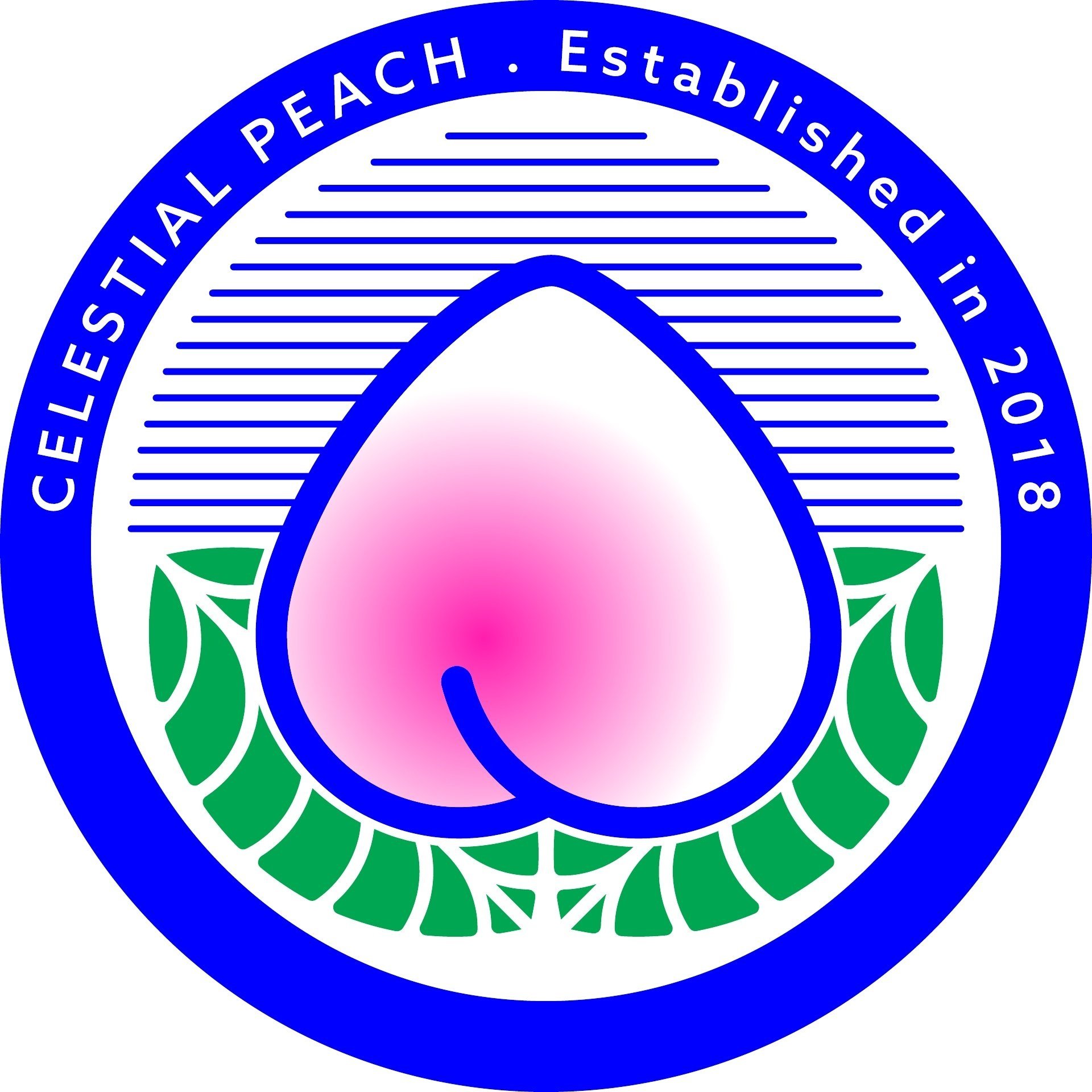#ChineseFoodiesofIG: Christopher Tan, The Way of Kueh
Food writer, cookbook author and cooking teacher Christopher Tan, author of The Way of Kueh
This is part of an ongoing series of interviews I’m doing with my favourite Chinese foodies that I follow on Instagram. Come and follow the #ChineseFoodiesofIG hashtag on Instagram and leave a comment showing your support for these talented folk!







